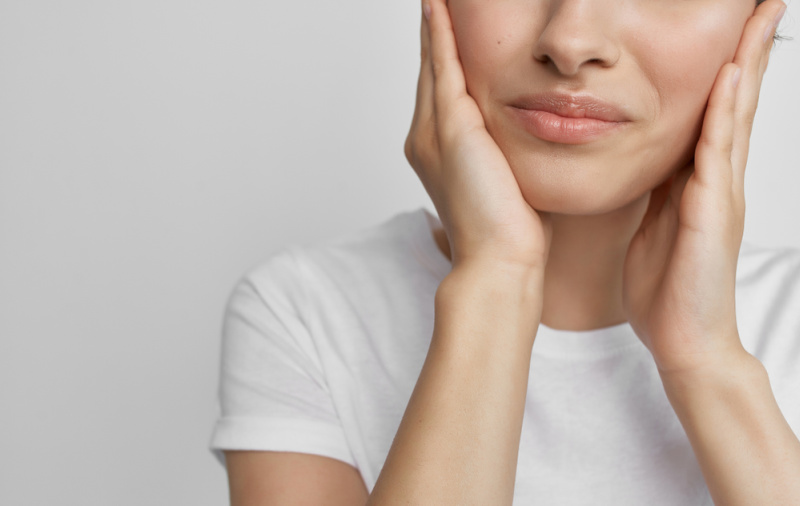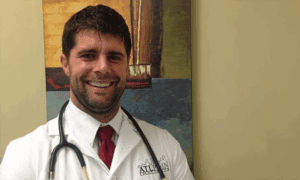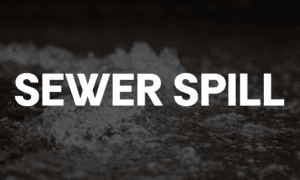SPONSORED FEATURE
When you think of joints in the body, the ones that typically come to mind are the obvious ones – knee, elbow, hip. But there is another one that is very important for everyday life, and the pain that sometimes arises in that area must be addressed.
It is the temporomandibular joint, perhaps better known as the TMJ. The Mayo Clinic describes it as a joint that acts like a sliding hinge, connecting the jawbone to the skull. There is one on each side of the jaw. When one or both of them are not working properly, the result is a temporomandibular disorder or TMD, which causes pain in the jaw as well as the muscles that control jaw movement.
The TMJ is very resilient, according to Becca O’Farrell, PT, DPT. “The cartilage in this joint is different from a lot of our other joints,” she said. “And so it has the ability to continue to move to allow us to do life even into our nineties, because it can remodel and reshape to maintain a sense of its work, even when things are aging.”
Upcoming Event February 7
O’Farrell is hosting an event titled “What-Jaw Talking About” in which she will give more insight as to what makes the TMJ work and what can be done about a TMD. It will be Tuesday, Feb. 7, at 6:30 p.m. at ProHealth Physical Therapy and Pilates Studio in Peachtree City.
Alleviate Pain in the Jaw
Because the cartilage in the jaw is different, the need for joint replacement is not as likely as with a hip or knee. There are ways to alleviate the pain and avoid permanent damage, and as a physical therapist who has given a great deal of attention to this part of the body in recent years, O’Farrell wants to educate the public on how it can be done.
“Pain in the jaw with eating, clenching teeth, limited mobility – if you feel like, ‘Wow, I can’t open my mouth as wide as before to bite down on a burger. That can indicate something going on,” she said. “Headaches can also be an indicator. Clicking, locking of the jaw, things like that.”
O’Farrell cites posture as a key point when addressing TMJ issues. The way a person holds his or her head can influence the alignment of the jaw and how things are moving together inside that part of the head, she said. Like with other parts of the body, the muscles of the face can be strengthened and the mechanics of the joints there can be retrained with the appropriate kind of attention to the soft tissue.
Her goal for participants in this class is that they learn more about how posture affects the jaw, such as how a person sits, as well as how to use facial stretching and other exercises in a positive way.
Physical therapy is not the first thing that comes to mind when addressing problems with the jaw, and O’Farrell believes that many dentists and ear-nose-throat specialists might not be aware of how much it can help. She wants to increase that awareness among health professionals as well as patients.
The class is $30 but can be attended free of charge with the purchase of a Pilates package. ProHealth Physical Therapy and Pilates Studio is located at 1777 Georgian Park in Peachtree City. For more information, phone 770-487-1931 or visit prohealthga.com.













Leave a Comment
You must be logged in to post a comment.